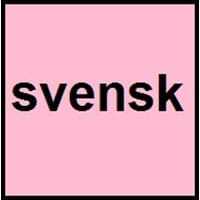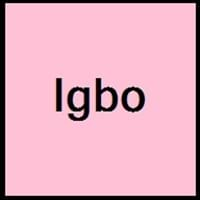Swedish vs Igbo
- In Swedish language, article comes after noun.
- Most of the words in Swedish language began "S" than any other letter.
- In Igbo, there is complicated system of high and low tones indicating differences in meaning and grammatical relationships.
- Igbo has inexhaustible and rich linguistic features like idioms, proverbs, aphorisms, anecdotes etc.
Swedish and Igbo Language History
Comparison of Swedish vs Igbo language history gives us differences between origin of Swedish and Igbo language. History of Swedish language states that this language originated in 13th Century whereas history of Igbo language states that this language originated in 30th Century BC. Family of the language also forms a part of history of that language. More on language families of these languages can be found out on Swedish and Igbo Language History.
Swedish and Igbo Greetings
People around the world use different languages to interact with each other. Even if we cannot communicate fluently in any language, it will always be beneficial to know about some of the common greetings or phrases from that language. This is where Swedish and Igbo greetings helps you to understand basic phrases in Swedish and Igbo language. Swedish word for "Hello" is hej or Igbo word for "Thank You" is dalụ. Find more of such common Swedish Greetings and Igbo Greetings. These greetings will help you to be more confident when conversing with natives that speak these languages.
Swedish vs Igbo Difficulty
The Swedish vs Igbo difficulty level basically depends on the number of Swedish Alphabets and Igbo Alphabets. Also the number of vowels and consonants in the language plays an important role in deciding the difficulty level of that language. The important points to be considered when we compare Swedish and Igbo are the origin, speaking countries, language family, different greetings, speaking population of these languages. Want to know in Swedish and Igbo, which language is harder to learn? Time required to learn Swedish is 24 weeks while to learn Igbo time required is 52 weeks.





